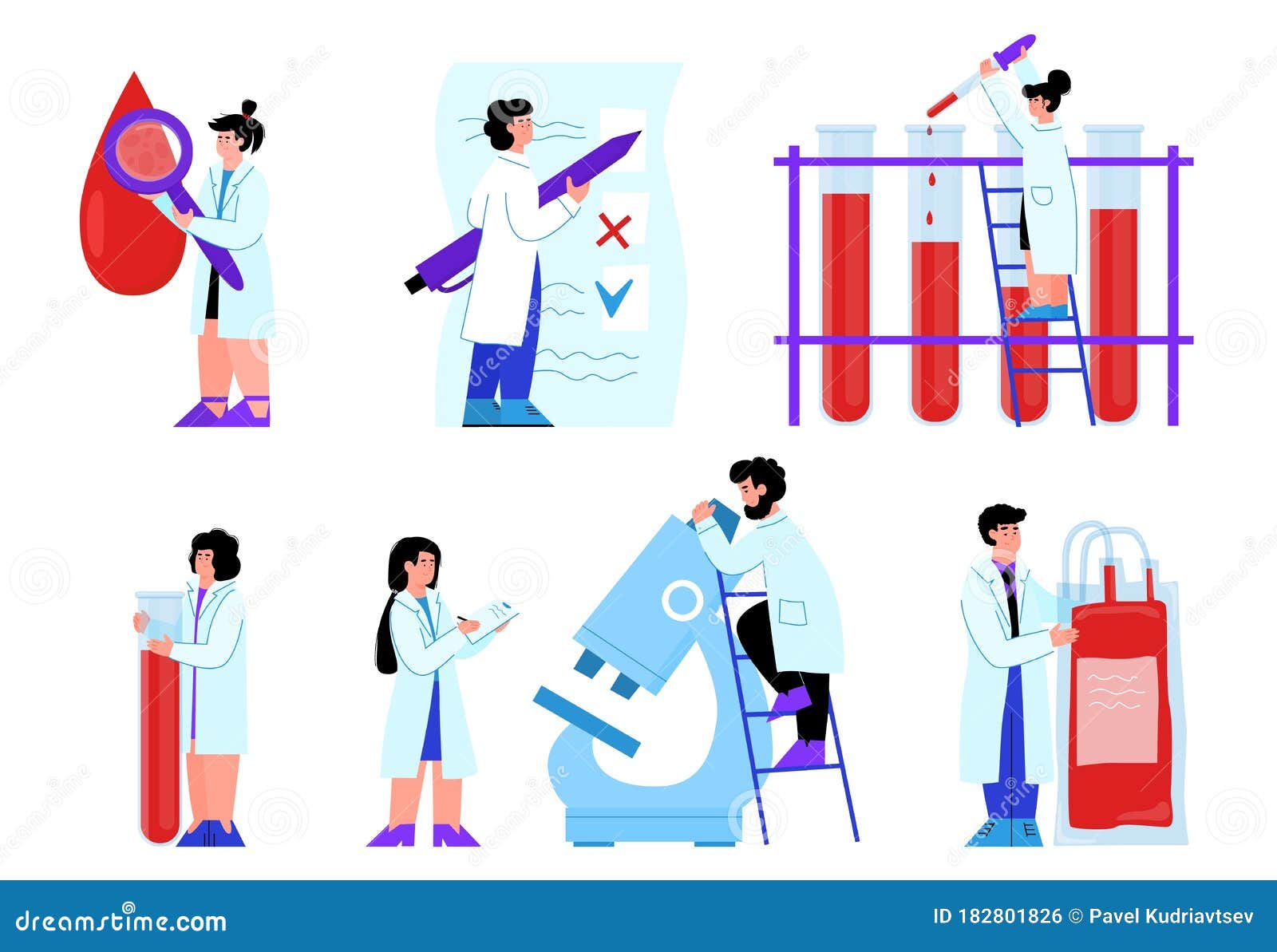The Role of Veterinary Labs in Protecting Pet Health
The Role of Veterinary Labs in Protecting Pet Health
Blog Article
Our furry friends are part of our lives, and maintaining their vitality takes proactive care. Testing facilities for pets are key components in monitoring wellness for our four-legged friends.
Throughout this resource, we’ll explore the value of lab tests for animals and explain the testing process.
How Do Veterinary Laboratories Work?
Advanced veterinary diagnostics are specialized centers for analyzing health markers. These labs support animal doctors to ensure timely interventions.

Their process usually includes:
- Sample collection: Health markers are sent to the lab.
- Sample examination: Experts using equipment evaluate the samples.
- Reporting outcomes: Data supports treatments for effective health management.
Common Veterinary Tests for Dogs and Cats
Labs provide diverse options for health checks to prevent serious conditions. Common exams include:
- Blood tests: Detect anemia or chronic conditions.
- Bladder and kidney checks: Spot urinary tract infections.
- Gut health screenings: Spot signs of infections.
- Allergy testing: Support long-term comfort.
- Advanced imaging tests: Spot fractures or injuries.
laboratorios veterinários
Why Diagnostic Exams Are Essential
Routine diagnostics supports proactive health management. With timely diagnostics, vets can provide better care.

The importance of routine exams include:
- Improved health outcomes: Chronic issues are managed.
- Preventative care advantages: Prevention saves money in the long run.
- Peace of mind: Stay ahead of potential issues.
Why Testing Matters for Dogs and Cats
Pet health labs help pets live long, healthy lives. Through proactive diagnostics, you give them the care they deserve.
Make pet health a priority and keep them healthy and thriving!
Report this page